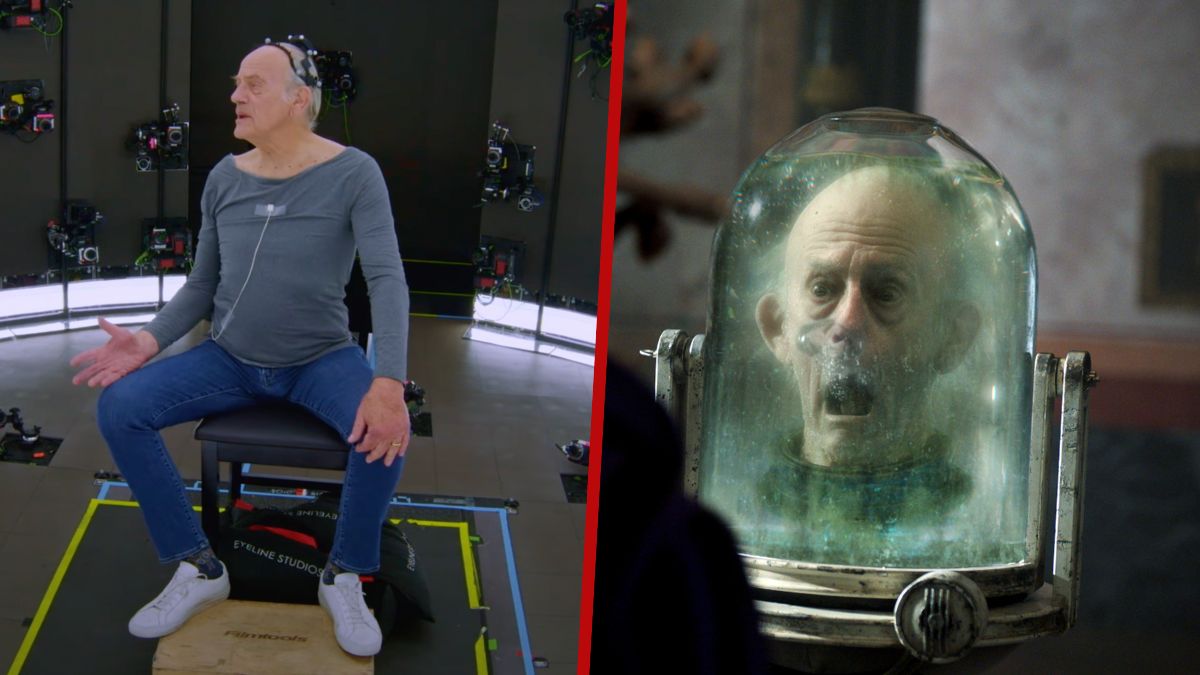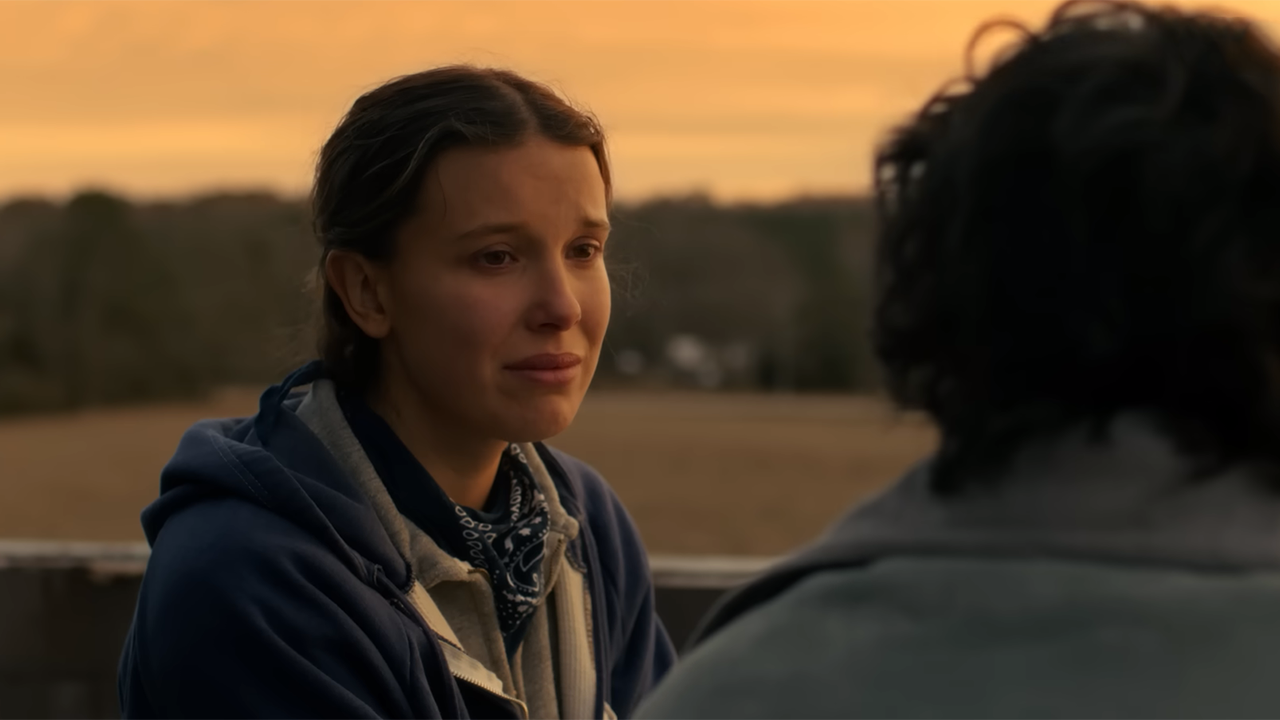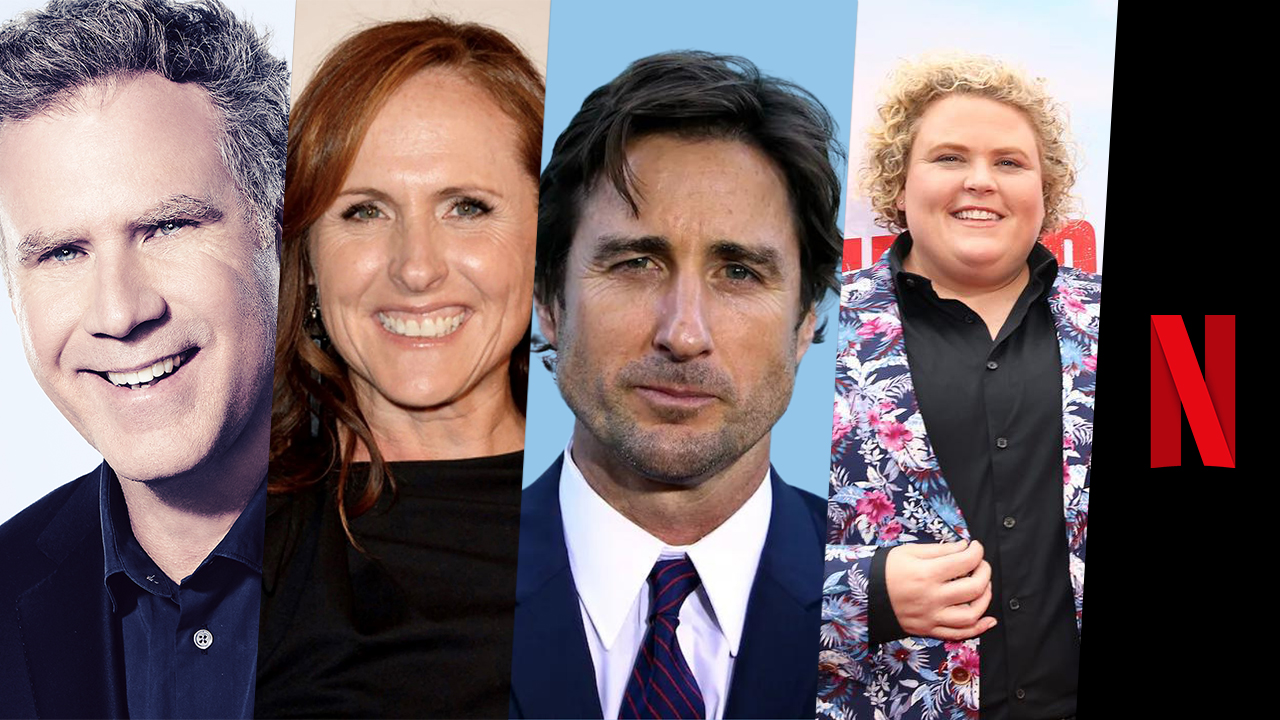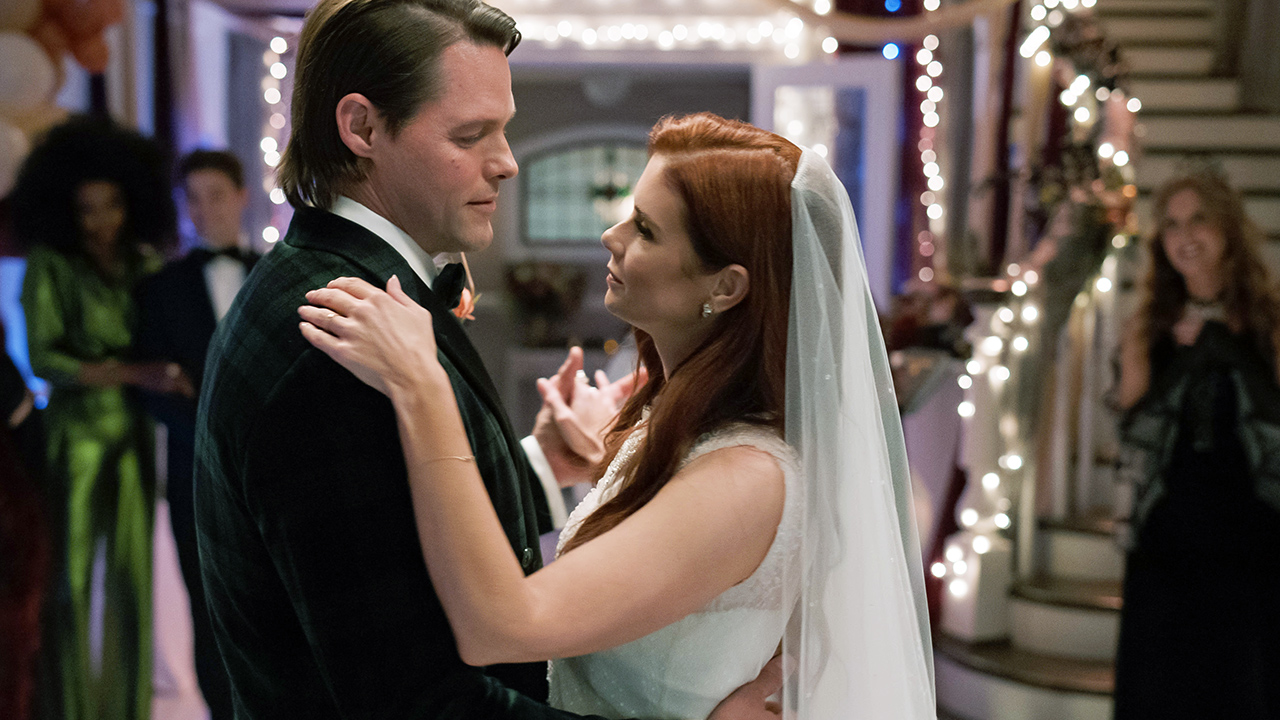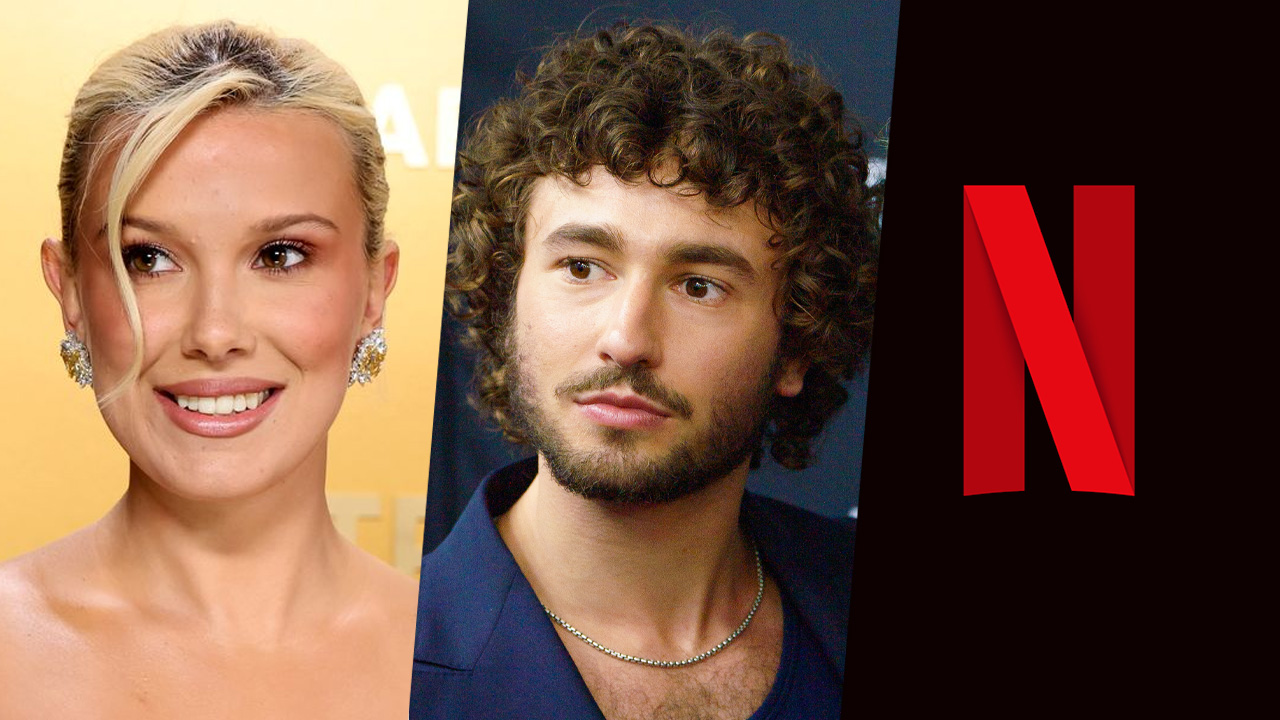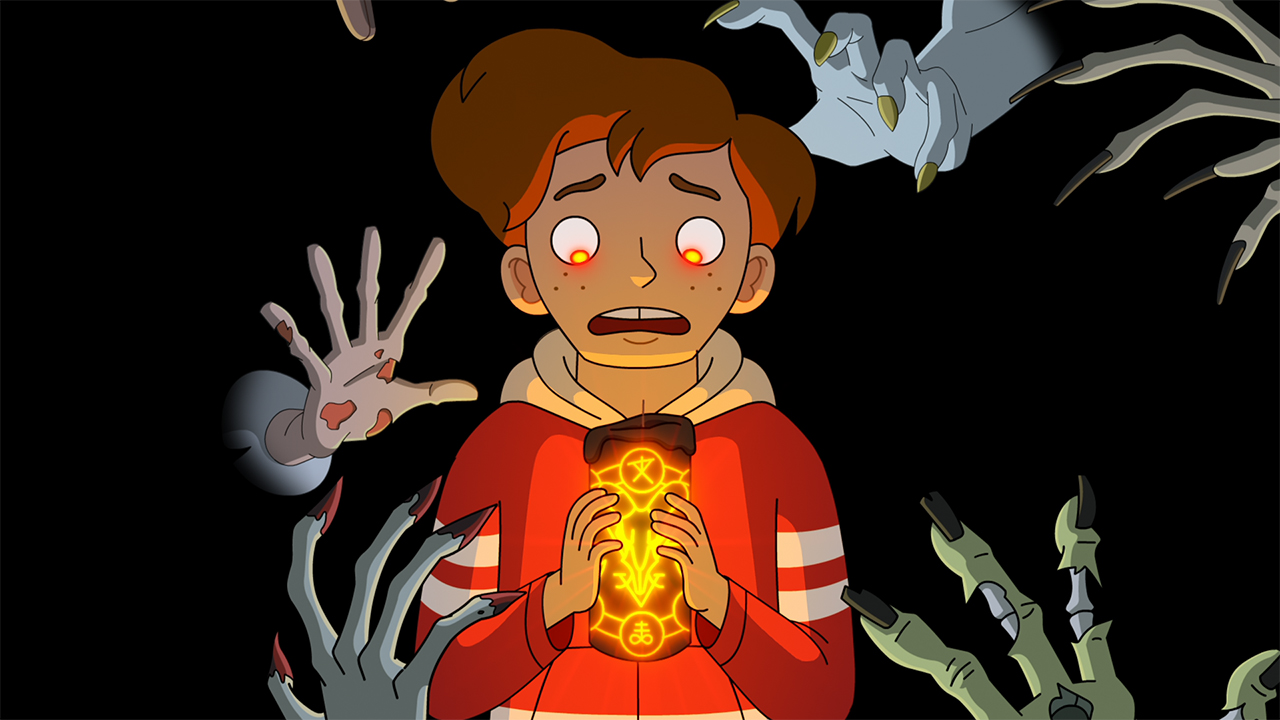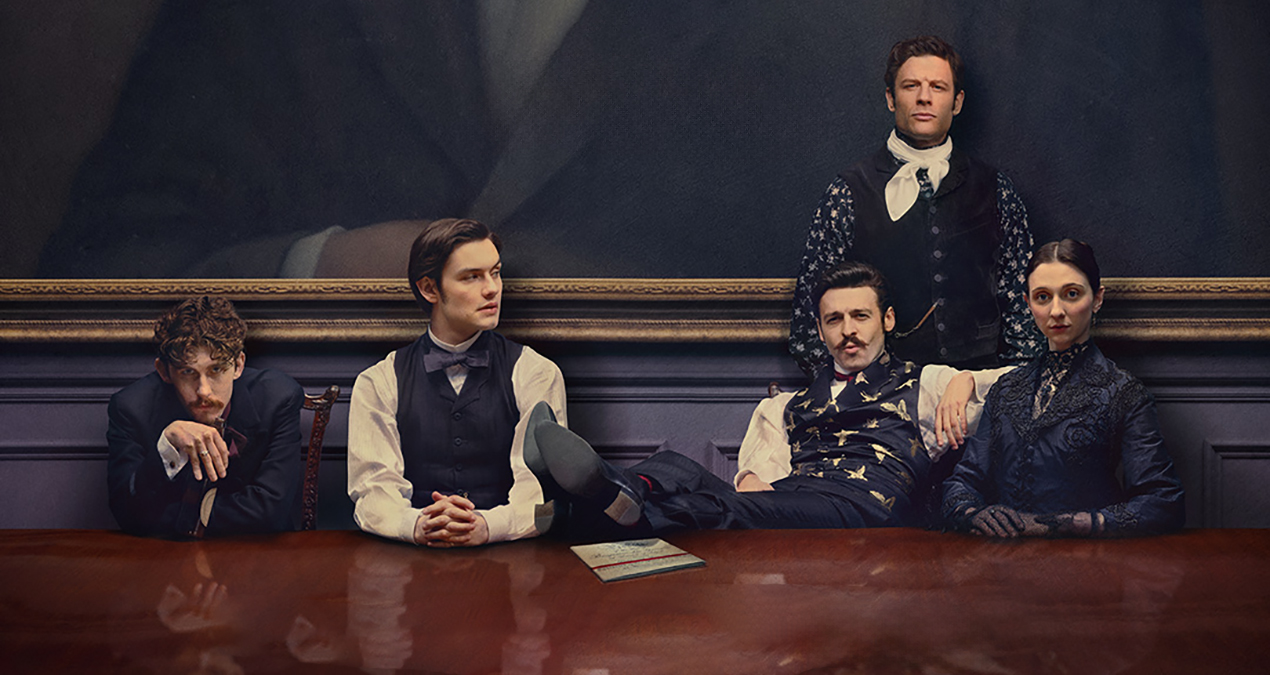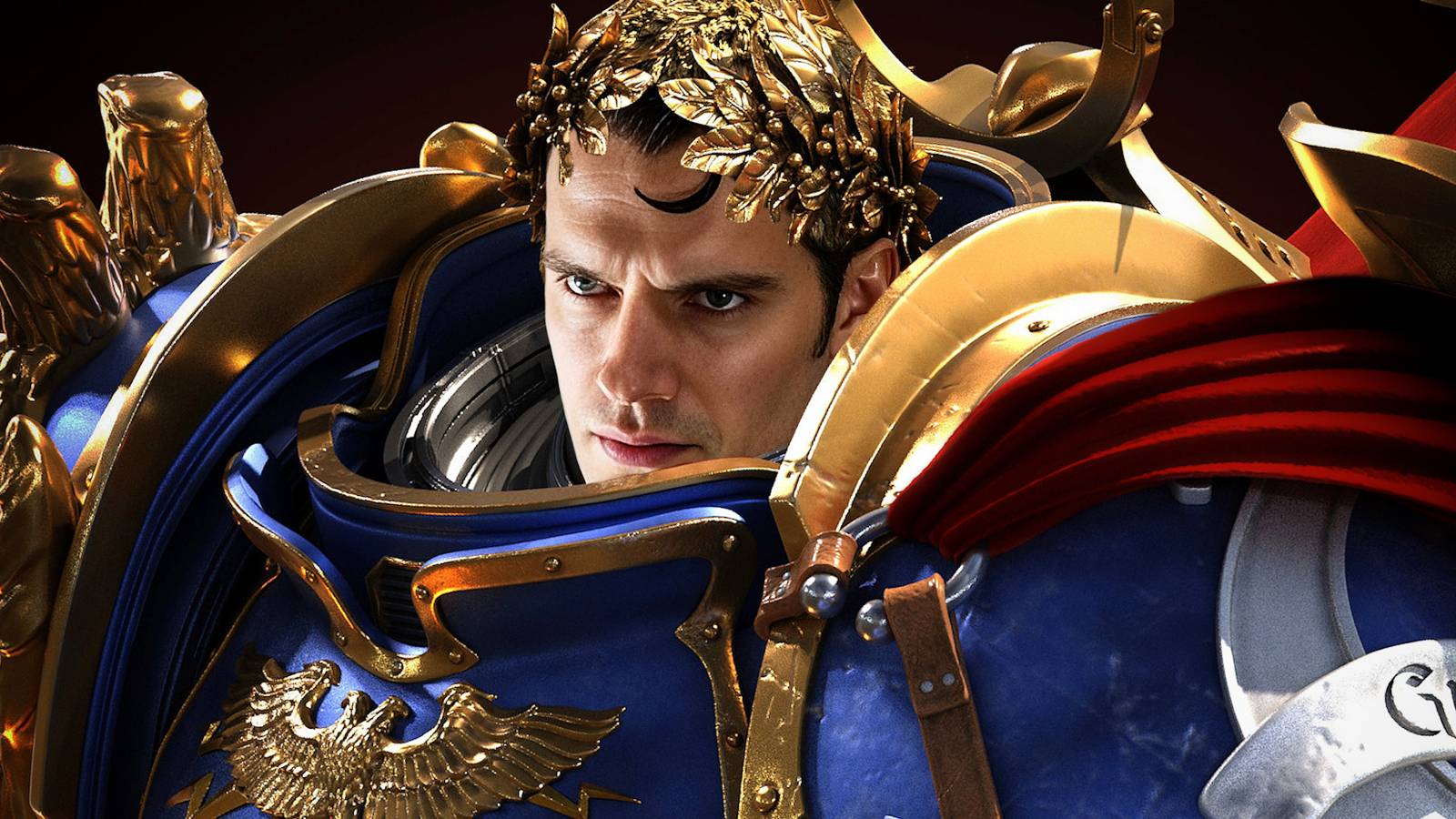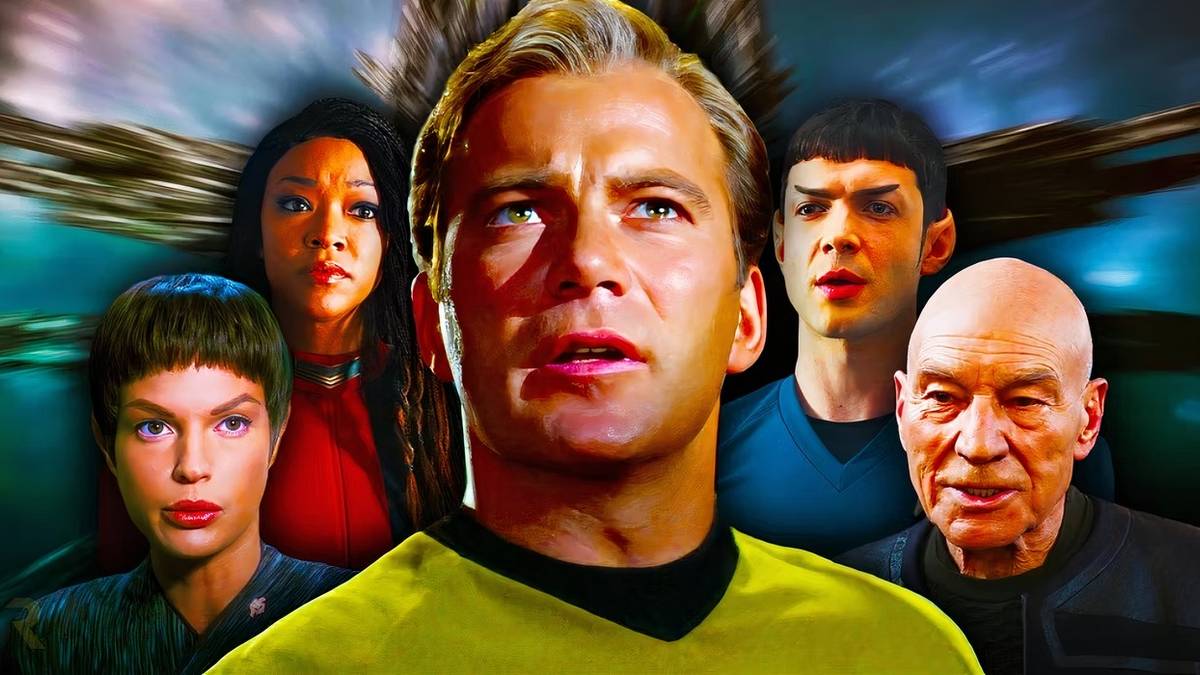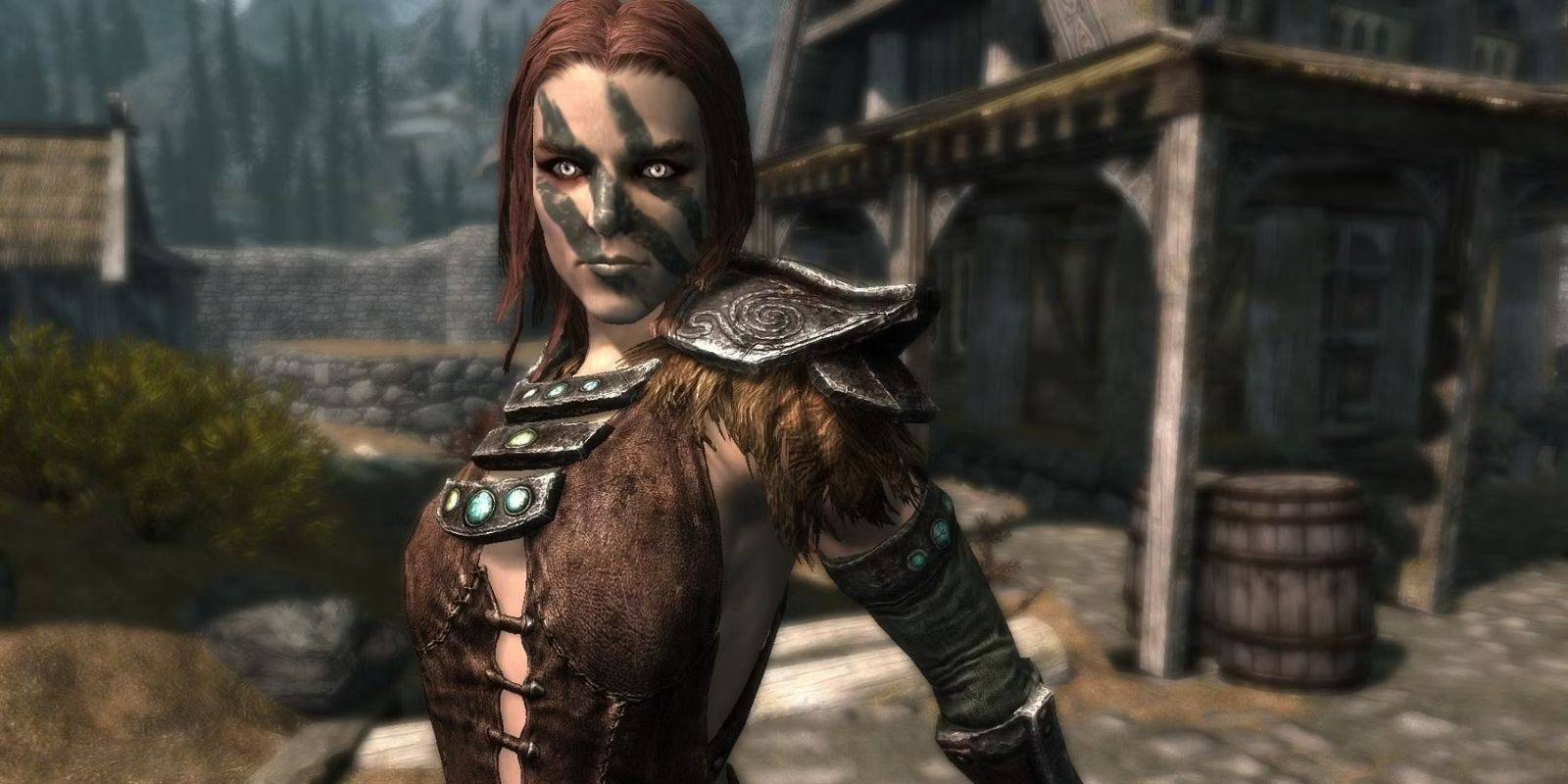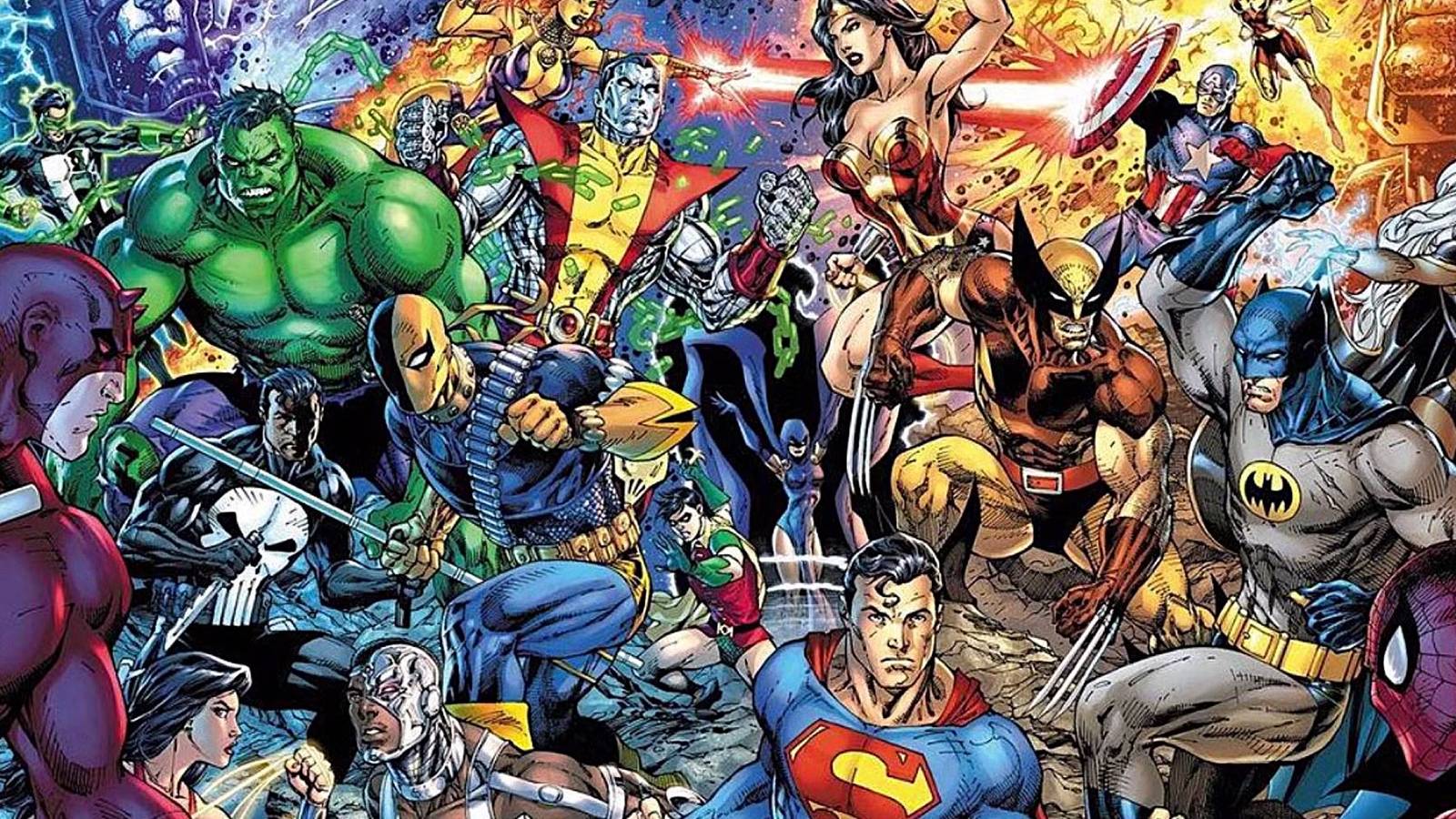The second season of Netflix’s hit series Wednesday delivers not only captivating storytelling but also remarkable visual effects achievements. One of the standout VFX accomplishments is the creation of the enigmatic character Professor Orloff, portrayed by Christopher Lloyd as a severed head in a jar. Lloyd’s involvement bridges the legacy of the Addams Family franchise with innovative contemporary effects, offering fans a unique blend of nostalgia and cutting-edge technology.
Christopher Lloyd’s Role as Professor Orloff
Christopher Lloyd is a legendary actor renowned for iconic roles such as Dr. Emmett Brown in Back to the Future and Uncle Fester in the 1990s Addams Family films. His return to the Addams Family universe in Wednesday Season 2 as Professor Orloff presents a visually challenging and fresh character. Fans have eagerly embraced this portrayal, marveling at how Lloyd’s expressive features have been meticulously captured digitally to bring life and personality to the severed head.
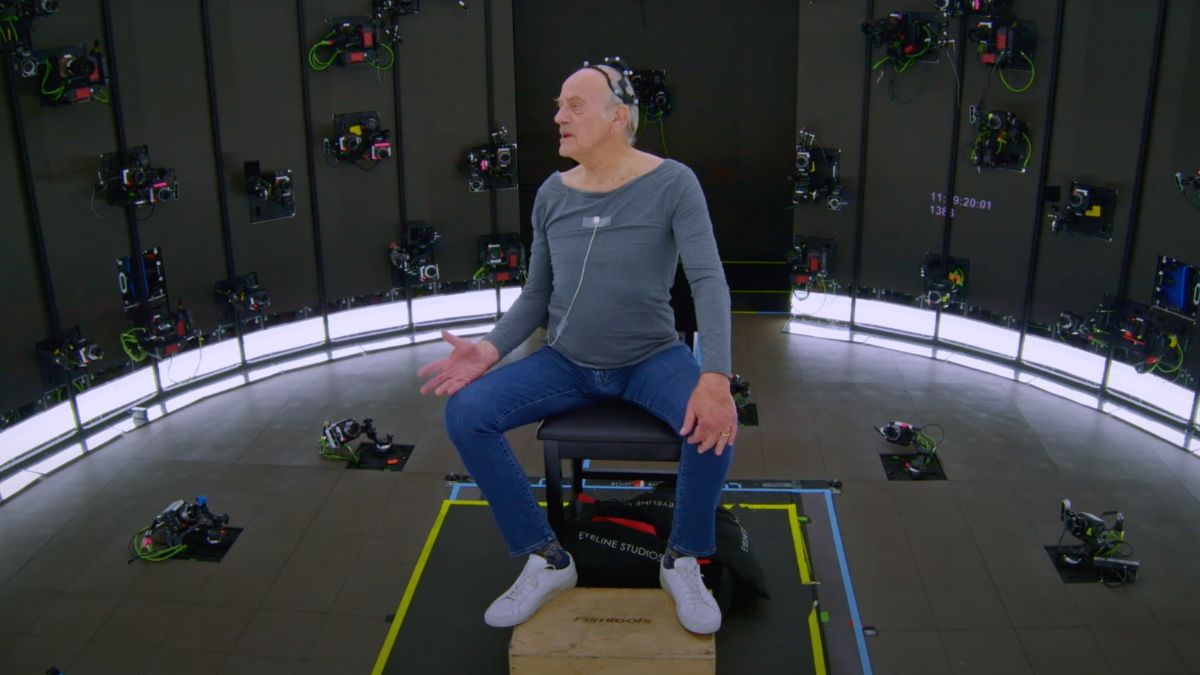
The Visual Effects Challenge
The concept of a severed head in a jar demands extraordinary visual effects expertise. This complex effect involved collaboration among Netflix’s in-house VFX teams, Eyeline Studios, and Scanline VFX, uniting their strengths to produce a stunningly photorealistic final cut. The goal was to maintain authenticity while achieving seamless integration into the live-action footage, pushing the limits of contemporary VFX capabilities.
Behind-the-Scenes Featurette Insights
Netflix released an insightful behind-the-scenes featurette showcasing the creative process. Directed under the visionary eye of Tim Burton, the production captured Christopher Lloyd’s unique performance while integrating sophisticated VFX. Key VFX supervisors Derek Spears from Scanline and Nhat Phong Tran from Eyeline Studios shared their expertise on overcoming the challenges and realizing this groundbreaking effect.
Technical Breakdown: Creating the Severed Head Effect
The production team drew inspiration from successful volumetric capture techniques used on projects like One Piece’s floating head. Volumetric capture, a method surpassing traditional digital doubles and green-screen work, captures the actor’s full 3D performance, preserving authentic facial expressions and nuances critical to believable effects.
Volumetric Capture Process in Detail
Under Tom Turnbull’s leadership, a multi-camera setup recorded Lloyd’s performance from every angle, enabling creation of detailed geometry and textures. This approach allowed relighting and flexible camera movement in post-production. On set, a 360-degree camera array offered instant playback, facilitating natural interaction between Lloyd and his co-stars, enhancing realism and emotive connection.
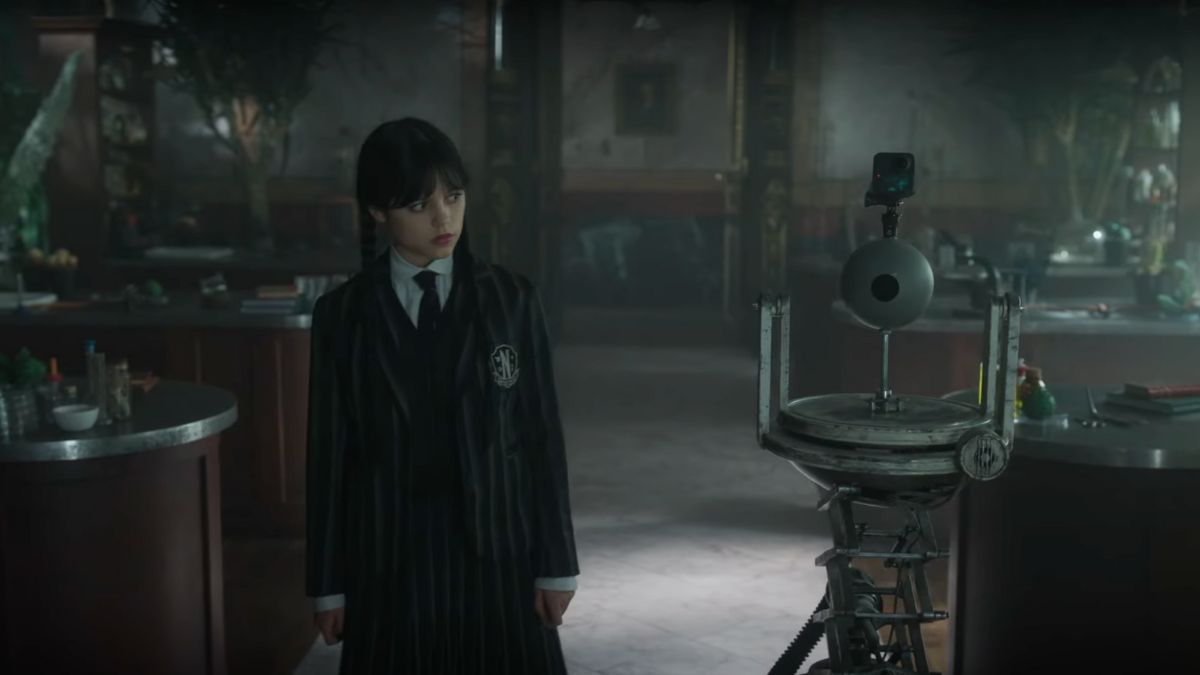
Industry Impact and Future of Volumetric Capture
Volumetric capture is rapidly gaining traction in Hollywood, revolutionizing how performances are recorded and integrated into complex VFX compositions. Nhat Phong Tran highlights its disruption of traditional filmmaking logistics, while Derek Spears emphasizes the newfound creative freedom. This technology’s fidelity in replicating raw actor performances marks a significant milestone, promising exciting advances in future projects.
Conclusion
Next time you watch Wednesday Season 2, take a moment to appreciate the astonishing VFX artistry behind Professor Orloff’s character. The seamless blend of technology, actor performance, and visionary direction elevates the viewing experience to an extraordinary level. Stream Wednesday Season 2 now on Netflix and immerse yourself in this masterclass of visual storytelling.

